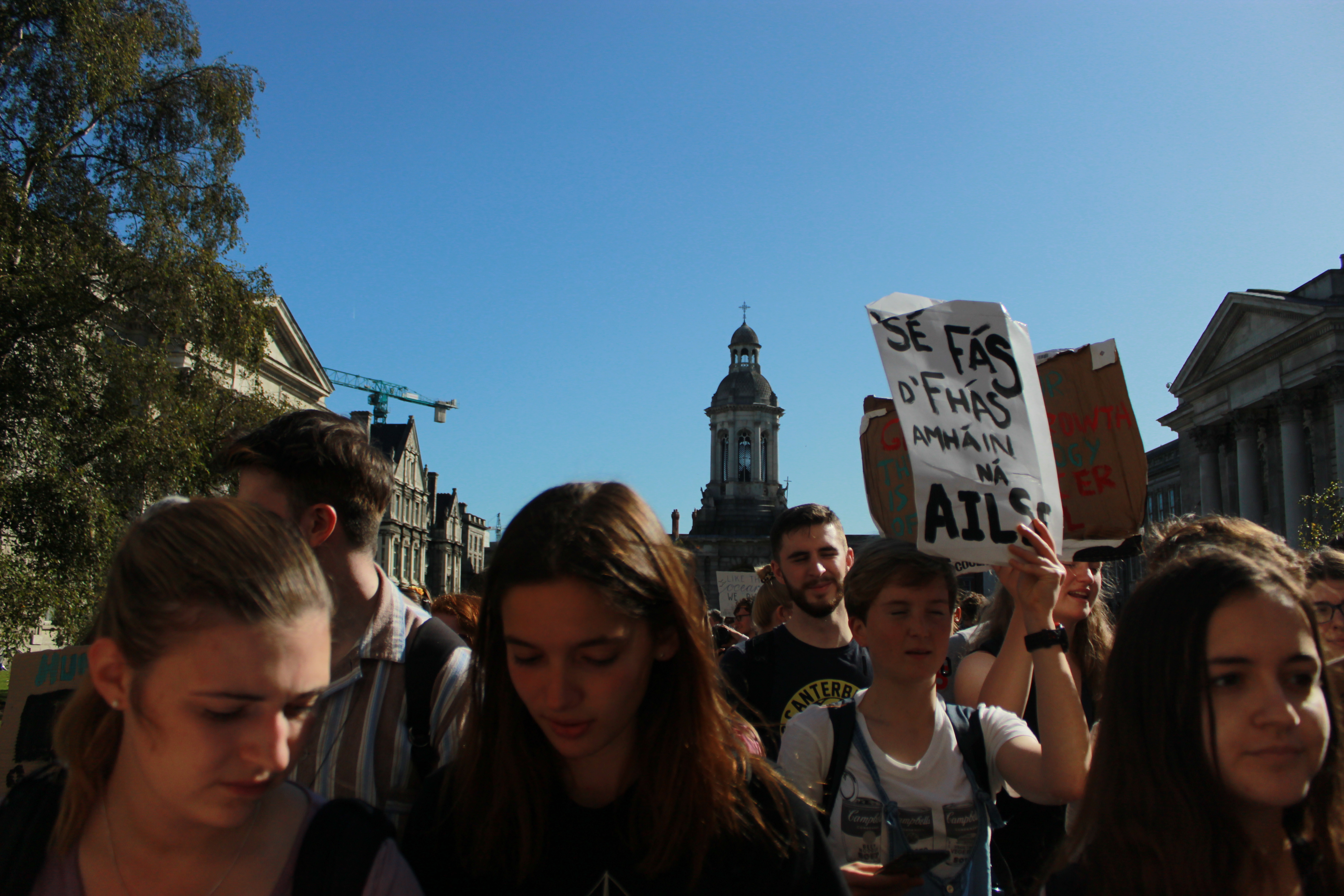For the incoming postgraduate class, the feeling of living through history, of playing a critical role in the diorama of this new decade, hangs perilously over every aspect of our lives. Ignoring, for a moment, the sudden and unprecedented health crisis we found ourselves thrust into during the early spring, 2020 marked the culmination or acceleration of some of the most challenging questions of the last century. Painful discussions around race, the misuse of power by those entrusted to administer justice, the fault lines in democracy around the world and in the ongoing effort for meaningful, substantial representation and leadership have ignited an era of young, impassioned civic engagement. In light of this particular age, the postgraduate identity has been forged; while we shake the parochial bounds of the undergraduate study, we are simultaneously constrained, out of touch. We find ourselves exiled to the home, shielded from the reality of these issues and each other, even as we feel a responsibility to champion the charge for change.
“Responsibility” is certainly the operative word. For many postgraduates returning to College this year, the decision comes at enormous personal cost. There are feelings of fraudulence, fear, regret, at having undertaken such a financial burden as the economy shrinks to a point far beyond that of the Global Financial Crisis of 2008. The question: “Am I doing what is best for myself?” has been replaced by: “Am I doing what is best for my family?” Within the international community, such feelings are exacerbated further. Where the pain of separation could once be mollified in the bustling atmosphere of a new environment, the gates of Trinity have remained firmly closed.
“There appeared to be a collective effort to shirk responsibility at all costs; or at the very least, a vendetta to make my integration into the College as difficult as humanly possible.”
A chaotic administrative process was perhaps to be expected in such circumstances but that was little comfort to me or the other postgraduates stumbling through a disorienting “orientation” week. Communication appeared to be in utter breakdown as offices blamed offices who in turn, blamed other offices, for my issues registering, obtaining student ID and an email account. Who exactly was in charge here? There appeared to be a collective effort to shirk responsibility at all costs; or at the very least, a vendetta to make my integration into the College as difficult as humanly possible. There is certainly a joke about best laid plans in all this. Unfortunately, it appears to be on us.
Isolation, not merely the physical aspect of all this, but the debilitating despondence of one’s own voice, own company, day after day, has a crippling effect. It is easy to criticise those who have allowed their grief to manifest in forms such as anger and violence but we have all, at times, felt that same obstinate rage. Why can’t my life go back to the way it was? Who will stand up for me and my rights? Why do things only seem to be getting worse?
“The work that is done at Trinity is the effort to make the impossible possible – and the postgraduate class is at the tip of that spear.”
John Hume, the Nobel Peace laureate who passed away in August this year, once said of the hapless pursuit of political ends: “Bloodshed for political change prevents the only change that truly matters: in the human heart.” Indeed, change anchored in the heart is perhaps one of the irrefutable virtues of this generation, academics or otherwise. One only has to look at the extraordinary speed of social change here in Ireland. What is also irrefutable, however, is that academia remains a vital mechanism for sustaining that change. The work that is done at Trinity is the effort to make the impossible possible – and the postgraduate class is at the tip of that spear.
Decades from now, when we reflect on the time spent together in this one collective moment, we’ll know the power we shared as a group. What we decide now is how best to use it. If ever there was a moment to be a postgraduate at Trinity, this, strange as it seems, is it.






